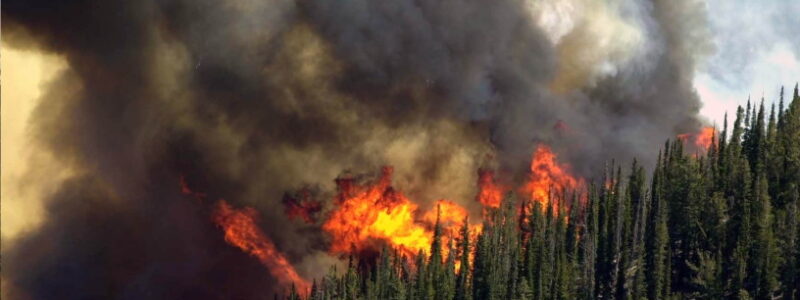
A new study in The Lancet Planetary Health (ISGlobal, 654 regions, 32 European countries, 2004–2022) has shown that small particles of smoke from fires (PM₂.₅) increase the risk of death more than “normal” urban aerosols of the same size. For every +1 μg/m³ of “fire” PM₂.₅, overall mortality increases by 0.7%, respiratory mortality by 1%, and cardiovascular mortality by 0.9%. Previously, mortality from smoke was underestimated by 93%: instead of ≈38 cases per year in Europe, the figure is ≈535.
Ukraine — in the spotlight
The analysis covers 32 European countries and shows a more pronounced effect in Eastern Europe — the conclusions are directly relevant to Ukraine, where seasonal landscape fires and smoke transport from neighboring regions lead to “peak” pollution days.
On “smoky” days, even a small increase in PM₂.₅ has a measurable effect on mortality among vulnerable groups (the elderly, people with asthma/cardiovascular disease). Cities should prepare alerts and clean air zones (hospitals, schools, hubs) in advance, and residents should close windows, use air purifiers, limit outdoor activities, and wear FFP2/FFP3 masks outdoors when levels exceed the threshold.
Aerosols from fires contain a different profile of toxicants and are more potent than particles from transport/industry, so it is incorrect to “combine” them with conventional PM₂.₅: the risks are higher, and response measures should be separate.
Primary source: The Lancet Planetary Health / ISGlobal (study on the short-term effects of “fire” PM₂.₅ on mortality in Europe). ISGLOBAL